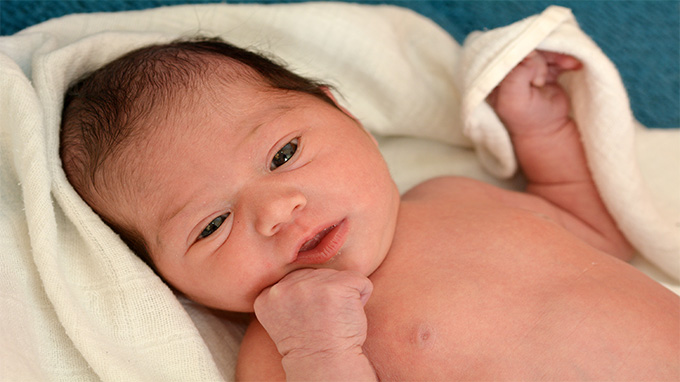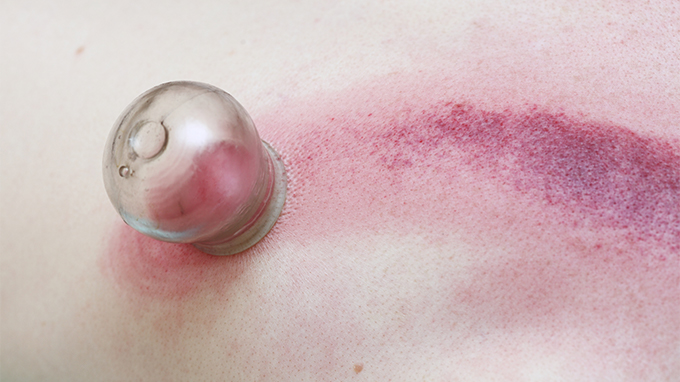Early symptoms of gastric cancer
The stomach is an important organ for us to digest and absorb food, so we must pay attention to protecting our stomach health in daily life, and it is very necessary to develop good eating habits. What about the early symptoms of gastric cancer in life?
Early symptoms of gastric cancer
(1), upper abdominal discomfort and fullness
Early symptoms of gastric cancer usually have abdominal burning, noisy and fullness. These symptoms will generally increase after a meal, and the more serious the symptoms, the more obvious the symptoms.
These symptoms should be distinguished from indigestion and chronic gastritis. Dyspepsia often has a history of careless eating and overeating, and chronic gastritis often has a history of recurrent episodes.
(2), loss of appetite
Early gastric cancer is often a sudden manifestation of loss of appetite and greasiness. This should be distinguished from hepatitis. Hepatitis often has systemic symptoms such as elevated transaminase, fever, fatigue, yellow urine, dark brown, jaundice, and so on.
(3), nausea, belching, acid reflux and vomiting
gastric cancer-associated gastrointestinal lesions in the pylorus at the exit of the stomach can cause nausea and symptoms Obviously, it directly affects the normal life of the patient.
If the stomach outlet is completely blocked, a sour or egg odor will be emitted, or vomiting will occur. Most of the vomits are food and gastric juices.
(4), Pain in the upper abdomen
The pain of early gastric cancer is irregular, or it shows persistent pain, not as obvious as gastric ulcer or duodenal ulcer Characteristics of pain after a meal or pain before a meal.
If the patient originally had stomach and duodenal ulcer disease, the regularity of pain may suddenly change, and the original effective drug for the treatment of ulcer disease suddenly becomes ineffective or the effect is significantly reduced.
(5), hematemesis and black stools
When cancer destroys a patient’s small blood vessels, there is usually a phenomenon of "occult blood" in the stool, and the appearance of the stool is normal. There are blood cells.
If large blood vessels are invaded early, it will cause hematemesis, and the stool will become dark or tarry.
Occult blood and black stools of gastric cancer are persistent and stubborn, while the bleeding caused by gastric and duodenal ulcers are mostly intermittent, and can be stopped after timely treatment.
(6), rapid weight loss and severe anemia
Because cancer is a wasting disease, and gastric cancer causes patients with poor digestion and absorption and gastrointestinal bleeding, which makes weight loss and weight loss even worse. anemia.
Related Articles

- What are the symptoms of Crohn's disease?
- 2020-12-17

- Teach you a few tricks to deal with your child's jaundice
- In the clinic, we found that half of the newborn babies will become yellow (60% full term infants, 80% premature infants). Such children are usually diagnosed as neonatal jaundice. The reas
- 2020-08-02

- Why Chinese mothers breastfeeding rate is not high
- Today, the proportion of Chinese mothers who breastfeed exclusively is not high. Information shows that the proportion of Chinese mothers who are "breastfeeding" is 52.4%; followed
- 2020-08-02

- Breastfeeding children are more adaptable to the outside world
- Breastfeeding has many benefits. The latest research shows that breastfeeding children are more adaptable to the outside world. Studies have shown that breastfeeding children aged 0 to 1 y
- 2020-08-02

- Breastfeeding is good for mothers
- Everyone knows the benefits of breastfeeding, and has repeatedly emphasized that 4-6 months of exclusive breastfeeding is enough. However, according to surveys, breastfeeding rates in China
- 2020-08-02

- Baby grow up, how to add food supplement
- Xiaobao is 7 months old. The baby''s grandma said that it is time to add supplementary food to the baby. This morning, Grandma carefully steamed the eggs for her grandson. She told
- 2020-08-01
